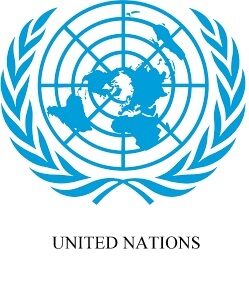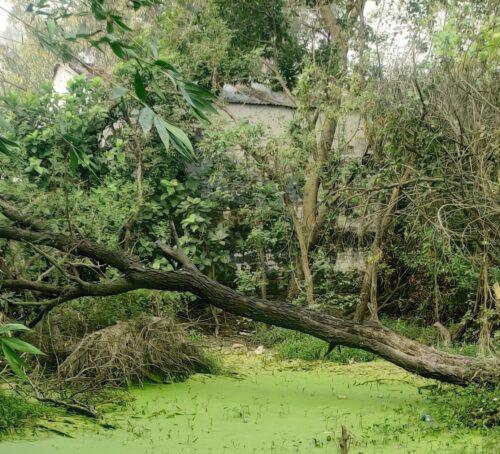On June 26, 1945 fifty-one; nations representing 80% of the world’s population approved and signed a charter for the establishment of a world body of nations – the United Nations Organisation (UNO); at San Francisco. UNO is a global Organisation consisting of 185 states organised to serve as a platform for discussion and resolution of all types of problems of its member states. The council of Economic and Social Affairs is a body of UNO which is directly concerned with environmental matters. A number of autonomous bodies are administratively attached to its secretariat, for making and implementing environmental policies. These semiautonomous bodies are –
1. UNITAR or United Nations Institute for Training and Research, established in 1963.
2. UNCTAD or U N Conference on Trade and Development, established in 1963.
3. UNIDO or U N Industrial Development Organisation, established in 1965. It became the specialized Agency of U N in 1986.
4. UNDP or UN Development Programme, established in 1965.
5. UNEP or UN Environment Programme, established in 1972.
Some International Bodies of strictly economic character are also attached to this group. These bodies include GATT or General Agreement on Tariff and Trade; International Council of Justice which adjudicates cases submitted to it by member states of United Nations.
GEF or the Global Environmental Facility is an independent financial organization, which provides grants to developing countries for projects that benefit the global environment and promote sustainable livelihood among local communities. It was established in 1991 with its secretariat at Washington DC, USA. UNDP, UNEP, and the World Bank are GEF –Coordination Units of the implementing agency. GEF funded projects amounted to approximately US $7.47 billion, representing over 560 full and medium sized projects as well as more than 530 enabling activities. Since 1991, GEF has provided grants for more than 1,300 projects in 140 countries.
UNITAR or the United Nations Office for Training and Research is an autonomous body within the United Nations which was established in 1965 to enhance the effectiveness of the UN through appropriate training and research. UNITAR is governed by a Board of Trustees and is headed by an Executive Director. It has two main offices: the Headquarters at Geneva, and a Liaison Office at New York. The Institute is supported by voluntary contributions from governments, inter-governmental organizations, foundations and other non-governmental sources.
UNCTAD or United Nations Conference on Trade and Development was established in 1964, in view of promoting development-friendly integration of Developing Countries into the World Economy. It has three basic functions –
o Acting as a forum for Intergovernmental deliberations in order to build up some consensus.
o Undertaking – research, policy analysis, and data collection for the debates among government representatives and experts.
o Providing Technical Assistance to least developed countries and to those having their economies in transition. It cooperates with other organizations and donor countries in the delivery of technical assistance.
How does UNCTAD function? Well, the secretariat of UNCTAD works together with member Governments, and interacts with organizations of the United Nations system, regional commissions, governmental institutions, non-governmental organizations, the private sector including trade and industry associations, research institutes and universities across the world. Now, UNCTAD is a knowledge-based institution which aims to help shape current policy debates and thinking on development, with a particular focus on ensuring that domestic policies and international action are mutually supportive in bringing about sustainable development.
UNIDO or the United Nations Industrial Development Organisation was established as a UN programme in 1966 with headquarters in Vienna and became a specialized agency of the United Nations in 1985. According to UNIDO – the competitive and environmentally sustainable industry has a crucial role to play in accelerating economic growth, reducing poverty and achieving the Millennium Development Goals. Hence, UNIDO works towards improving the quality of life of the world’s poor by drawing on its combined global resources and expertise in the following three interrelated thematic areas: (i). Poverty reduction through productive activities; (ii). Building up of Trade-Capacity along sustainable lines for sustainable development; (iii). Energy and Environment.
UNEP is one of the most important institutions which shape the Global Environmental Policy and its implementation. It was created by United Nations General Assembly in 1972 following a decision at the UN Conference on Human Environment at Stockholm in 1972. UNEP has been designed to be the environmental conscience of the UN system which plays a catalytic role in coordinating the activities of other UN Agencies and prompting them to integrate Environmental Considerations into their activities. The Head Quarter of UNEP is located at Nairobi, Kenya.




